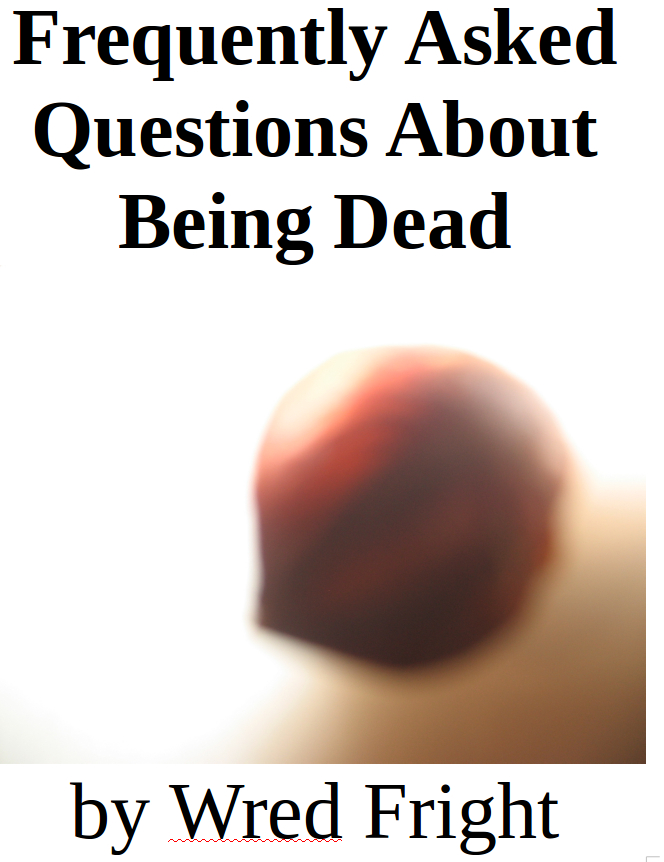I recently read "Rus In Urbe Redux", an interesting article in The Economist. The writer discusses how some cities are losing population and how they are responding to it. While some cities try various schemes to reverse the trend (few of which seem to work), some have accepted their reduced size and embraced it. One of the most interesting ways to embrace it is to just let parts of the city return to nature and stop wasting effort to maintain the area. That appears to be what Dessau-Rosslau, a city in Germany, has done, demolishing buildings and converting them into meadows. The meadows apparently get mowed once a year or whatnot, so they do not become forests. I would skip the mowing myself and go all the way back to wilderness, but I suppose the city's caretakers do not want to have to uproot a forest in case they decide to do something with the land later.
I have seen sections of Cleveland, Ohio USA return to wilderness. I even saw a pack of wild dogs once near Cedar Road close to downtown a few years ago. Cleveland probably hasn't reached the state of Detroit, Michigan USA yet where trees grow in old schools, as beautifully documented in the book Detroit Disassembled, since the city seems to be at least attempting to manage its decay, but one can find sections of the city becoming wilderness, or postcivilization. I suppose that there is no true return to wilderness due to all the remnants of human activity from buildings left standing to chemicals left in the ground, but it is an interesting process.
Not everyone agrees, however. Nevertheless, given all a city's problems, grass and other plants growing as they naturally do, should rank low on the list, but the next time you see a plant growing out of a crack in a sidewalk recognize it as a foreshadowing of what probably awaits all cities given enough time.
Let's Be Real
-
A RANT
Let's get real for a minute. Revolutionaries aren't carefully selected Ivy
League university students paying $87,000 a year to attend schools who...
22 hours ago














No comments:
Post a Comment
To reduce spam, I have to approve these. On behalf of the spammers, sorry for the delay!